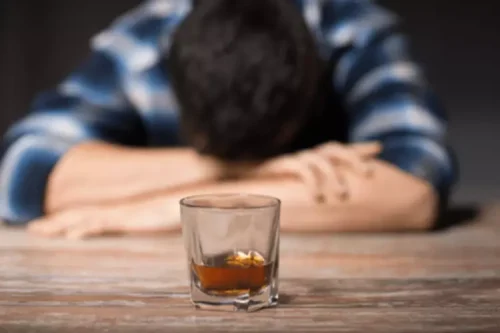
All we can do is share with you our own experiences and recovery through the Twelve Steps of Marijuana Anonymous. Because of this, friends and family members may not is marijuana addictive know whether their loved one is using marijuana at safe or dangerous levels. CBT is an excellent way to prevent yourself from giving in to cravings and relapses. In 2019, there were 48.2 million Americans using it.1 The number of people using marijuana is also on the rise.
How to Quit Smoking Weed (Marijuana)
Contact a treatment provider today to discuss rehab-related options. Those who receive treatment for a marijuana addiction are predominantly individuals who have chronically used marijuana on a daily basis. These are people who have tried to quit on their own many times but couldn’t do it alone. Abstaining from marijuana isn’t as easy for people who are addicted to the drug.
Mental Health Disorders
It may the first step that you take toward a life that’s free of marijuana. The National Council on Alcoholism and Drug Dependence Hope Line provides information on addiction, over-the-phone assessments and referrals to NCADD-affiliated nonprofit treatment centers. The purpose of behavior therapy is to help patients address the psychological aspects of their condition. The amount of time spent in behavioral treatment differs from person to person. As with any substance use disorder, treatment doesn’t stop with rehab.
A Day at a Time Meditations
The Recovery Village addiction helpline is led by helpful representatives awaiting your call. Many of our helpline operators and facility employees are also in recovery, so they can empathize and help you or a loved one navigate this journey comfortably. Unlike recreational marijuana users, people who misuse the drug will consume excessive amounts to get high. They also use it more often, and find it difficult to pass off opportunities to use.

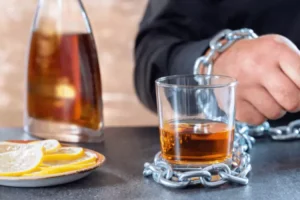
Soon after, pharmaceutical regulations were introduced in some states. Products containing habit-forming substances such as cannabis were often labeled as poisons and, in some cases, were available only with a physician’s prescription. Marijuana is the most commonly used illicit drug in the United States, typically smoked as a hand-rolled cigarette (joint) or in a pipe or water pipe (bong). The drug is also smoked in what’s called a blunt—a cigar that’s been emptied of tobacco and refilled with a mixture of marijuana and tobacco. Marijuana smoke has a pungent and distinctive sweet-and-sour odor. Cannabis plant material can also be concentrated in a resin called hashish or a sticky black liquid called hash oil.
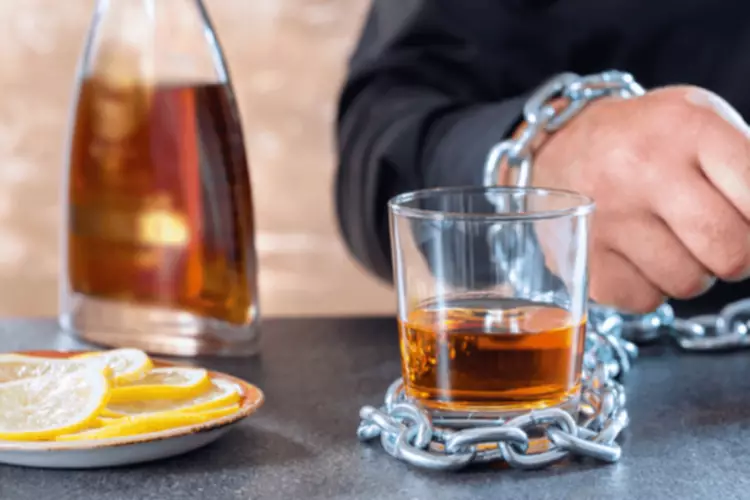
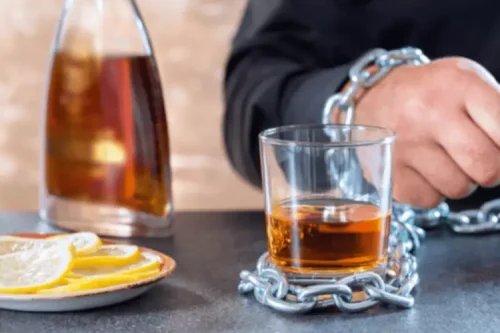
During this time, it can be helpful to have a plan that will help you stick to your recovery efforts. Look for ways to relieve your symptoms without turning to marijuana and consider reaching out to your healthcare provider for solutions that can help. Once you decide to stop smoking weed, it’s a good idea to familiarize yourself with the withdrawal symptoms you might experience as you give up the drug. By doing this, you’ll be better prepared mentally and can plan how you will deal with these symptoms.
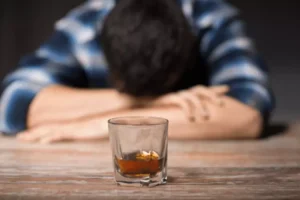
- Keeping a routine during stressful times can be important for your mental well-being, but sticking to old habits (those that featured regular drug use) can make recovery much more difficult.
- Marijuana abuse is linked to many health problems that affect a person’s heart, lungs, and mental well-being.
- During this time, it can be helpful to have a plan that will help you stick to your recovery efforts.
- You will be connected to informed, empathetic individuals who can connect you or your loved one to real-time crisis resources.
- American Addiction Centers’ free, no-obligation confidential text help line offers the support you need, when you need it.
- Support groups are another way you can receive ongoing recovery treatment for marijuana abuse.
These criteria are adapted from the most recent edition of the American Psychiatric Association’s Diagnostic and Statistical Manual, also referred to as DSM-5. The presence of two or more symptoms indicates that you may have a marijuana use disorder. If you want information about unexpected side effects from consuming marijuana, you can call the national Poison Help line. While helplines on a national level can provide valuable assistance, it is only local emergency resources that can properly assess and take action when there is immediate danger of harming oneself or others.

Leave a Reply
Want to join the discussion?Feel free to contribute!